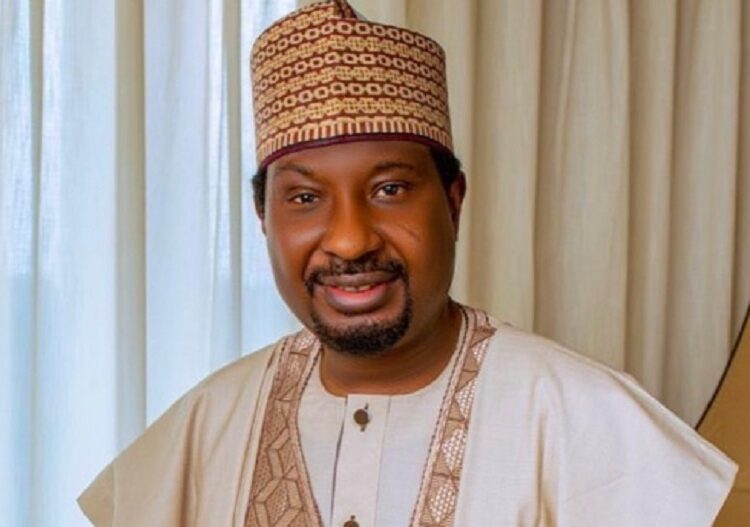Deputy president of the senate, Senator Barau I. Jibrin, is set to distribute 69 trucks of fertiliser 41,400 bags to farmers and other people across the 44 local government areas of Kano State as part of his efforts to contribute to food security in the country.
Beneficiaries will be drawn from the three senatorial districts in the state, including Kano North, Central, and South. Clerics, traditional leaders, elders, and party leaders, among others, will also benefit from the gesture.
Chief of staff to the senator, Professor Muhammad Ibn Abdullahi, said during a meeting with stakeholders ahead of the distribution next week that the fertiliser would be given free to farmers and others in the state, according to a statement from Ismail Mudashir, the special adviser to the deputy senate president on media and publicity.
“The essence of our gathering here is to inform people about the decision of the Deputy President of the Senate, Senator Barau I Jibrin, to distribute 41, 400 bags of fertiliser to farmers in Kano State. It is a donation, free of charge. No farmer is expected to pay a dime.
“This is the beginning of the rainy season in Kano, and farmers are in dire need of fertiliser. So, he decided to distribute 69 trucks of fertilizer across the state’s three senatorial districts, and the distribution will commence soon.
“Agriculture is one of the key components of our economy as it contributes a lot to our GDP. It’s the mainstream of our economy, especially in Northern Nigeria; which is the nation’s food basket. That is why he decided to support our farmers across the state so that we will have a bumper harvest this farming season.
“This is not the first, and it will not be the last time that he will be supporting farmers. We have done that in 2023, and here we are today. We hope to attain food security to feed ourselves and export to other countries. By God’s grace, we will achieve this,” he said.
While wishing farmers a blessed farming season, he urged the beneficiaries to make good use of the gesture and invest in their farms so that they can feed themselves and contribute to the attainment of food security in the country.




